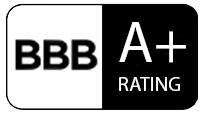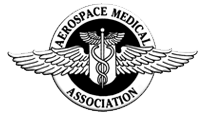Pilots with a diagnosis of hypertension or those on medication to control blood pressure must provide a detailed cardiovascular evaluation for FAA consideration. While the FAA essentially has no absolute requirements, the FAA requires an explanatory narrative, written by the treating physician, which must address the cause of the high blood pressure and rule-out disqualifying conditions such as heart disease. The FAA will also request lab-work which the treating physician required to establish his/her position along with any other documentation related to accepted medical care standards.
While aviation medical examiners may defer lower values, the FAA requires “deferral” to an FAA agency physician when pilots present a systolic (first number) blood pressure at or above 155 or a diastolic (second number) pressure at or above 95.
| Blood Pressure | Optimal | Normal | High Normal | Hypertension | FAA (AME) Limit |
| Systolic (top #) | <120 | <130 | 130-139 | 140 or higher | 155 or higher |
| Diastolic | < 80 | < 85 | 85-90 | 90 or higher | 95 or higher |
If your blood pressure is elevated, speak with your physician about how to reduce your blood pressure. It may be possible to reduce your blood pressure by limiting the sodium (salt) in your diet, losing weight if overweight, taking medication, limiting your alcohol intake and/or increasing your physical activity.
Although reducing your blood pressure by lifestyle modification is preferred, it may be best to utilize medication initially to reduce the risk for arterial damage and stroke. Eventually exercise and diet may permit you to discontinue the medication.
FAA Certification – FAA approved medications for hypertension



